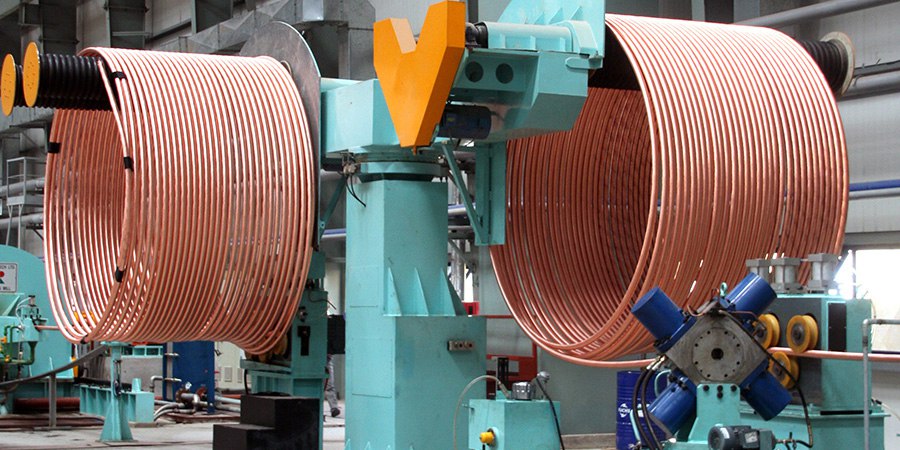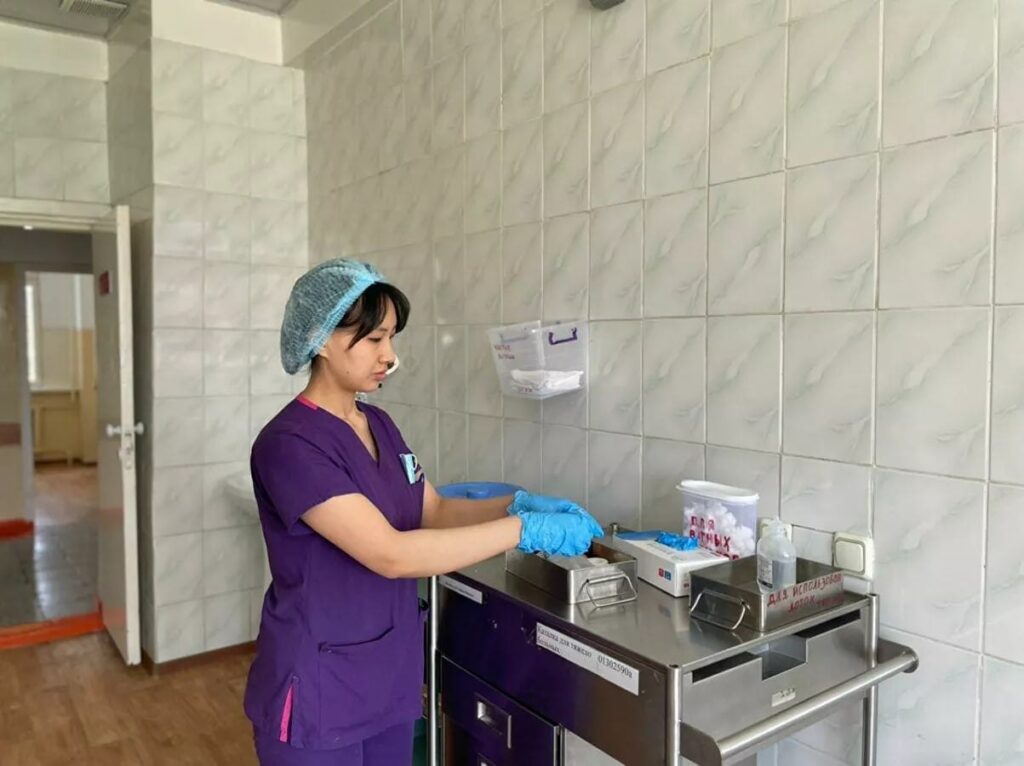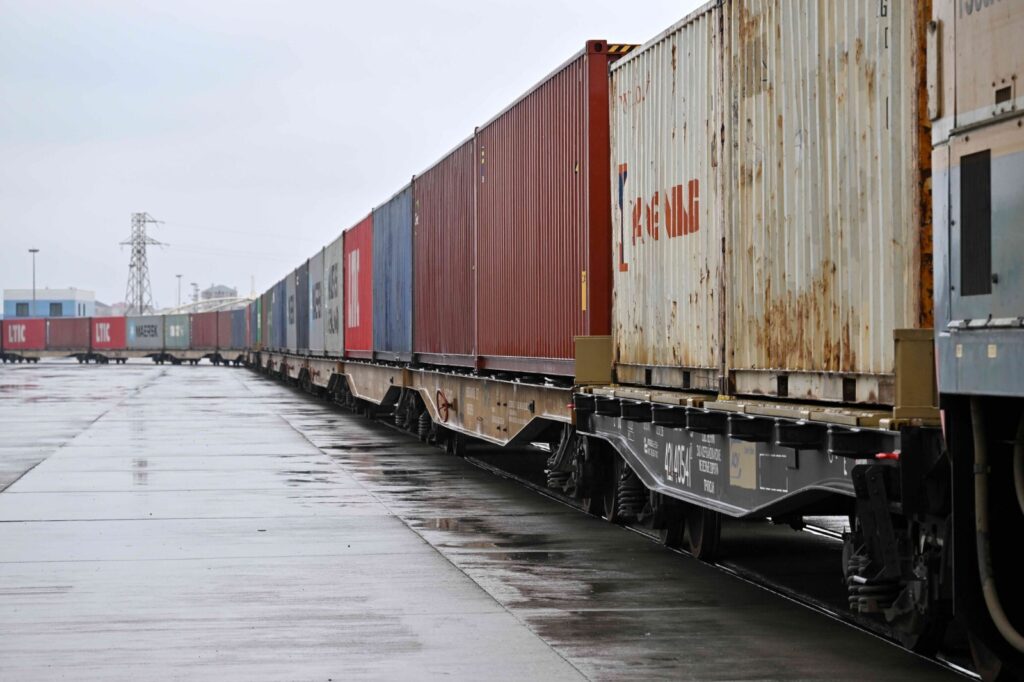Uzbekistan Unveils Development Plan for Copper Industry Cluster
The Uzbek Cabinet of Ministers has announced its draft decision “On the concept of copper industry cluster development aimed at creating multi-stage added value chains from raw materials to finished products.” As part of this decision, documents for the development concept for the copper industry cluster in Uzbekistan until 2030 and the procedure for accommodating investors within the cluster’s territory are set to be approved.
The adoption and implementation of this decision and its underlying concept are expected to yield the following results by 2030: annual copper production will reach 400,000 tons, with over 300,000 tons processed within the industry. Additionally, attracting $1.5 billion in investments for localizing the production of electrical engineering and household appliances will increase the total production volume to $8 billion.
Uzbekistan is looking to attract both domestic and foreign investment to produce finished and semi-finished copper products within the cluster. Additionally, implementing copper processing projects within the cluster will increase the copper raw material processing rate to 80%. This will boost the export volume of high-value-added finished products and services and establish a system for training and upgrading highly qualified personnel in the mining and metallurgical industries.
Creating new production facilities within the cluster will generate more than 10,000 jobs.








